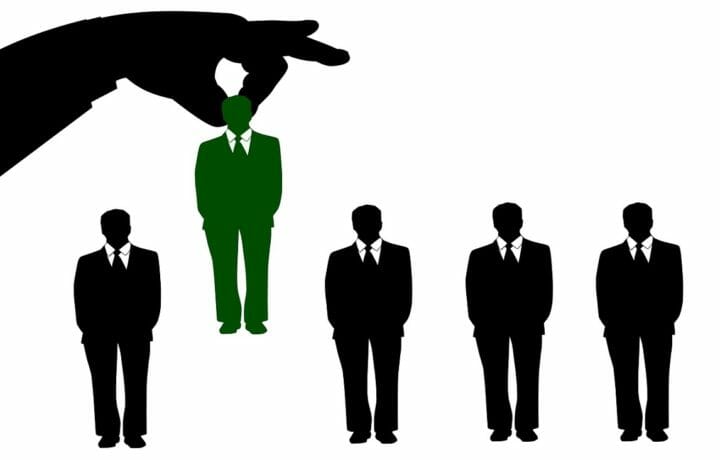Understanding how to translate and apply your skills to the commercial sector is vital to your upcoming military transition. You have obtained many skills from your military experience. These skills are generally categorized as either functional, personal traits, or knowledge based. Gaining insight of your skills from your military experience and how they relate to the commercial sector is essential. Let’s look at how you can identify these skills for your upcoming interview.
Functional Skills
Your functional skills are things you do to perform a task. They are transferable to different work functions, jobs, and industries. These are based on your abilities and aptitude. With your military experience, you have acquired many and are directly applicable to your next position.
Independent of knowledge-based skills, your acquired functional skills can bring you to the interview. The table below represents a few of the many functional skills you may have acquired while Serving and may provide good input for your “additional skills” section on your resume. Once you get to the interview, you will want to highlight these at the appropriate time. Think out of the box, as this table only represents a sample of your capabilities.
Resumable Functional Skills for Your Military Transition
| Leadership Training | Ability to Conform to Rules and Structure |
| Ability to Work as a Team Member and Team Leader | Flexibility and Adaptability |
| Ability to Get Along & Work with All Types of People | Self-Direction |
| Ability to Work Under Pressure and to Meet Deadlines | Educated |
| Ability to Give and Follow Directions | Initiative |
| Security Clearance | Organizer / Analyst |
| Standards of Quality | Drug Free |
| Committed to Excellence | Writer |
| Systematic Planning and Organization | Global Outlook |
| Emphasis on Safety | Client and Service-Oriented |
| Familiarity with Records and Personnel Administration | Specialized Advanced Training |
You gain a significant advantage when you know and discuss why the functional skills you have acquired are lucrative for your new company. Hiring officials are expecting you – the veteran – to highlight these skills for them on your resume and during the interview.
Understanding and Applying the Value of Your Personality Traits
Your personal traits are characteristics that contribute to superior work performance. These are also known as soft skills. They are discovered through your life experiences, and many are developed and matured in the military. Soft skills are traditionally considered complementary to functional and knowledge-based skills.
Many important activities are included within this category such as the social skills required to lead and motivate soldiers. They represent personal attributes that enable someone to interact effectively and harmoniously with other people. Soft skills keep organizations operating effectively.
Top Ten Soft Skills Needed for Today’s Workplace
The table below provides the top 10 soft skills most executives perceive as needed in today’s workplace from a study conducted by research analyst, Dr. Marcel Marie Robles.
| Integrity | Communication |
| Courtesy | Responsibility |
| Social Skills | Positive Attitude |
| Professionalism | Flexibility |
| Teamwork | Work Ethic |
Look at these closely. Many of Dr. Robles items represent our military core values. These qualities are highly prized and sought-after by companies. Organizations desire employees to be capable of communicating and work well with others in the modern workplace. Many commercial companies believe soft skills are one of the most invaluable components for organizational success. Due to your military experience, you have these intangible qualities. When competing for work, you gain a significant advantage when you have taken the time to recognize and can discuss your soft skills, during the interview.
Knowledge-Based Skills
Knowledge-based skills are developed on specific subjects, procedures, and information necessary to perform your job. We have lots of these in the military, but they may or may not be directly applicable to the job market or your desired position. These are acquired through on-the-job experience, training, and military education.
You may be unaware of the many other functional and technical capabilities that you have acquired. Your experiences performed during your day-to-day job, need consideration for your resume. When documented properly these areas play a major role in your transition success.
Some transitioning service members will quickly apply their military occupation training and experience, such as security, IT and logistics work. Many other military occupations have some level of technology related skills that are either trained or become an inherent portion of the job. Make sure you highlight these areas, even though it may not be part of your military job title or job description.




